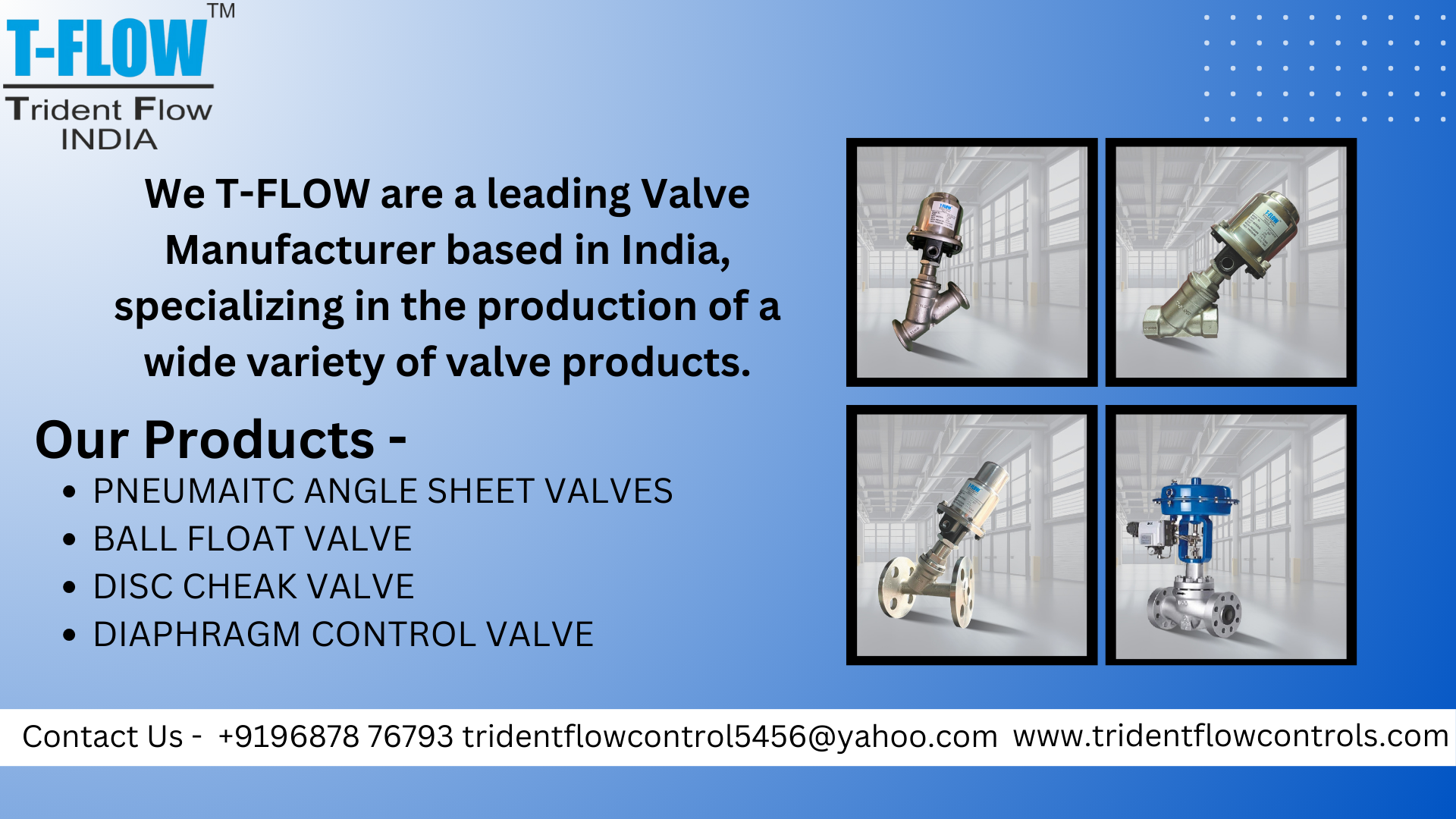High-performance diaphragm control valves are a critical choice for India’s chemical process industries, where reliability, precision, and safety are non-negotiable. Designed with corrosion-resistant materials, PTFE-lined diaphragms, and rugged automation options, these valves ensure leak-tight performance while managing corrosive, abrasive, or high-purity chemicals. Their robust design supports stringent process control in chemical plants, refineries, and specialty chemical facilities where downtime is costly and safety paramount.
What are High-Performance Diaphragm Control Valves?
These valves regulate flow by using a reinforced diaphragm to throttle or shut off fluid movement across a weir or straight-through seat. Built for aggressive chemicals, they combine advanced materials like PTFE, Hastelloy, or Alloy-20 with precision actuation for dependable performance. Their ability to isolate process media, reduce fugitive emissions, and maintain sterility makes them a go-to solution for modern chemical processing plants.
Types of High-Performance Diaphragm Control Valves
- Pneumatic diaphragm valves with spring-return actuators for fail-safe chemical processes.
- Electric actuated diaphragm valves for precise control without reliance on compressed air.
- PTFE-lined valves ensuring resistance against aggressive acids and alkalis.
- Weir-type valves for throttling and contamination-free operation.
- Straight-through valves for slurry handling and high-viscosity chemical media.
Key Features and Specifications
- High chemical resistance with PTFE, PVDF, or Alloy body options.
- Leak-tight isolation, reducing emissions and contamination risk.
- Compatible with PLC/SCADA via positioners and limit switch feedback.
- Suitable for high-pressure, high-temperature chemical environments.
- Easy diaphragm replacement and low lifecycle cost.
Applications in Chemical Processing
- Acid and caustic handling systems in chemical manufacturing plants.
- Corrosive fluid transfer in refineries and petrochemical facilities.
- Batch reactors and mixing systems requiring precise dosing.
- Specialty chemical plants for high-purity or hazardous applications.
- Effluent treatment plants handling aggressive industrial waste streams.
Benefits of Using High-Performance Diaphragm Valves
- Exceptional durability and extended service life under harsh chemical exposure.
- Enhanced process safety with leak-tight operation and fail-safe actuation.
- Reduced maintenance downtime through easy diaphragm replacement.
- Versatility across corrosive, abrasive, and hygienic process lines.
- Compliance with global standards for chemical processing equipment.
Maintenance and Safety Tips
- Always match diaphragm material to specific chemical compatibility charts.
- Inspect actuators, seals, and diaphragms regularly for wear and tear.
- Ensure clean instrument air for pneumatic actuation to avoid clogging.
- Use correct torque values during diaphragm replacement to avoid seat damage.
- Maintain a documented preventive maintenance schedule for all control valves.
FAQs – High-Performance Diaphragm Control Valves
Contact Details
Talk to our specialists today for tailored solutions and fast assistance.

